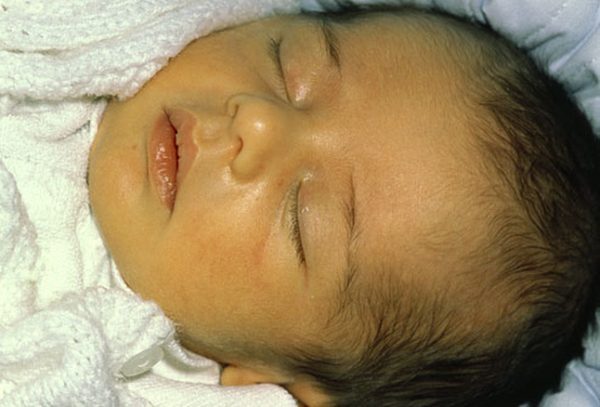WHO definition of Obesity and Infertility
According to World Health Organization (WHO), if the body mass index (BMI) equals to or is greater than 25kg/m2, it is considered as Overweight and if the BMI equals to or is greater than 30kg/m2, it is considered as Obesity.
Infertility, according to WHO, is a disease of the reproductive system defined by the failure to achieve a clinical pregnancy after 12 months or more of regular unprotected sexual intercourse.
Relation between Obesity and Infertility
Overweight and Obese people have higher risk of developing type 2 diabetes, cardiovascular diseases, cancer, osteoarthritis and other health problems including reproductive health problems.
The exact relation between Obesity and Infertility is still being researched. Many studies have indicated a strong correlation between Obesity and Infertility. It is generally seen that the prevalence of Obesity in infertile women is high.
Facts indicating correlation between Obesity and Infertility
Following figures indicate a strong correlation between Obesity and Infertility:
Occurrence of PCOS (Poly Cystic Ovarian Syndrome) is higher in Obese women. Many studies have revealed a strong correlation between PCOS and reproductive disorders.
There is a strong correlation between production of serum leptin and body fat thus higher levels of leptin are found in Obese people. Studies have indicated that Leptin plays a potentially important role in infertility.
There are higher instances of menstrual disorders reported in Overweight or Obese women as compared to women with normal weight.
Excess body weight is also associated with higher risk of miscarriages. Obesity is also seen to be a risk factor for early pregnancy loss.
The prevalence of getting gestational diabetes and pre-eclampsia are also seen to be higher in Obese and overweight women.
Among women who are undergoing assisted reproductive techniques, the Obese women have comparatively less success rate in achieving pregnancy than women with normal body weight.
Obesity is seen to cause insulin resistance which is linked to anovulation (failure to produce egg from each ovary each month)
Obese women have a higher incidence of menstrual abnormalities and hormonal imbalances. Their androgen and estrogen levels are high which affects the normal ovulation.
It is not only women’s Obesity but Obese men also contribute to problems with Conception. It is observed that conception becomes more difficult when both partners are Obese.
Obese men show high levels of estrogen and low levels of testosterone which leads to low sperm count and reduced quality of sperms.
Low levels of testosterone also make men feel tired and lose their libido.
There is a high prevalence of Metabolic syndrome seen in Obese men. Metabolic syndrome is associated with symptoms of erectile dysfunction.
There are certain psychological factors associated with Obesity like low self esteem and lower sex drive which also affects normal conception.
Improvement of reproductive function through weight management
It is generally observed that overweight and obese women, when they lose weight, show significant improvement in their reproductive health. Research has shown that even losing 5-10% of body weight has shown significant improvement in fertility and ovulation and other health benefits. Weight loss may impact reproductive health for several reasons, which includes
- Reduction in fat
- Increased metabolism
- Better hormonal functions
- Reduced insulin resistance
- Improved self esteem
Even while going for assisted techniques of reproduction like In Vitro Fertilization (IVF), Microsurgical sperm aspiration (PESA, MESA, TESA), Gamete Intrafallopian Tube Transfer (GIFT) etc Obese and Overweight women are generally advised to first undergo a weight management program to see better results from their infertility treatment programs.
For any queries related to Assisted Reproductive Techniques or other pregnancy factors, send your questions here – http://www.kjkhospital.com/contact-us/






